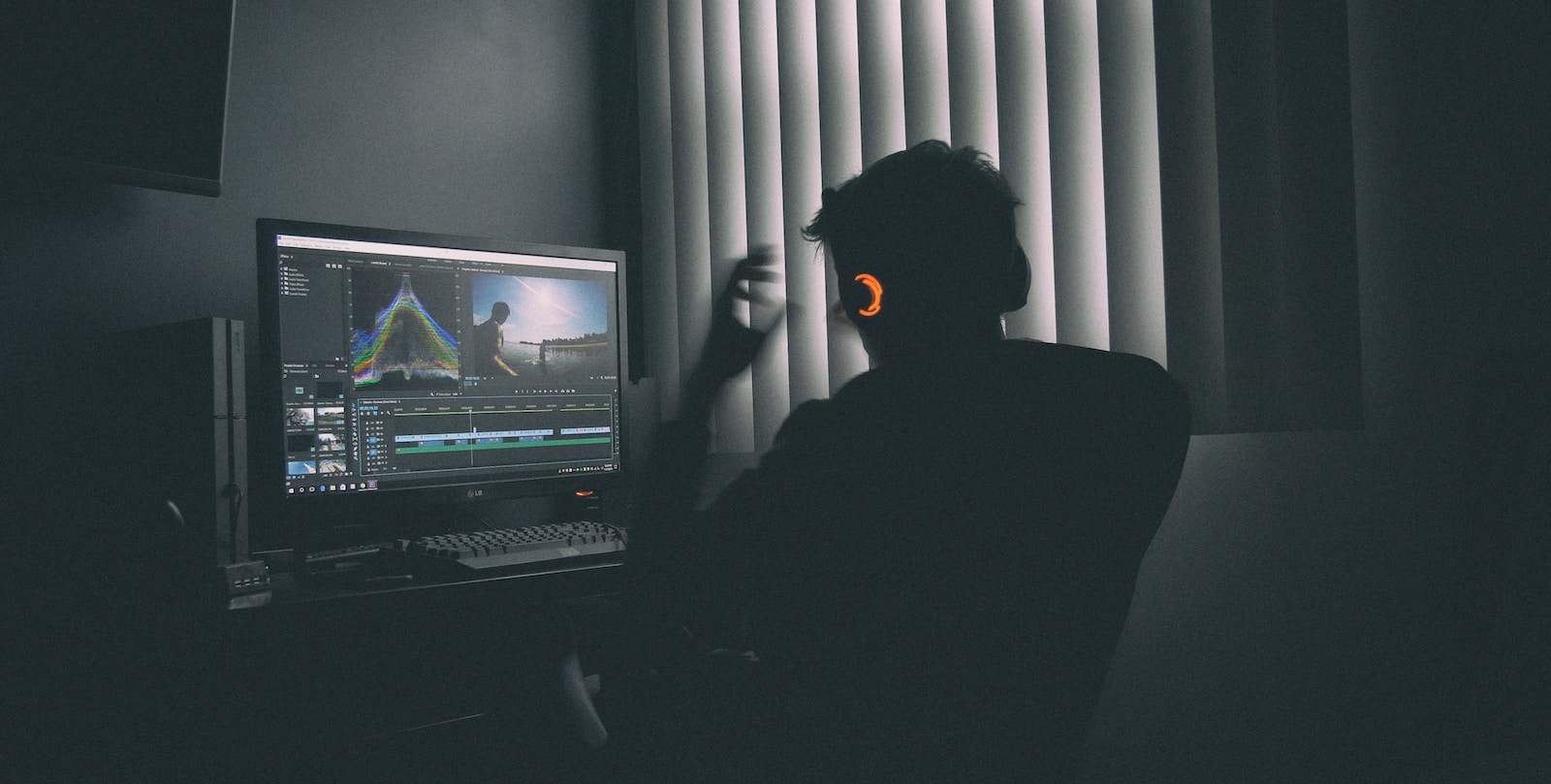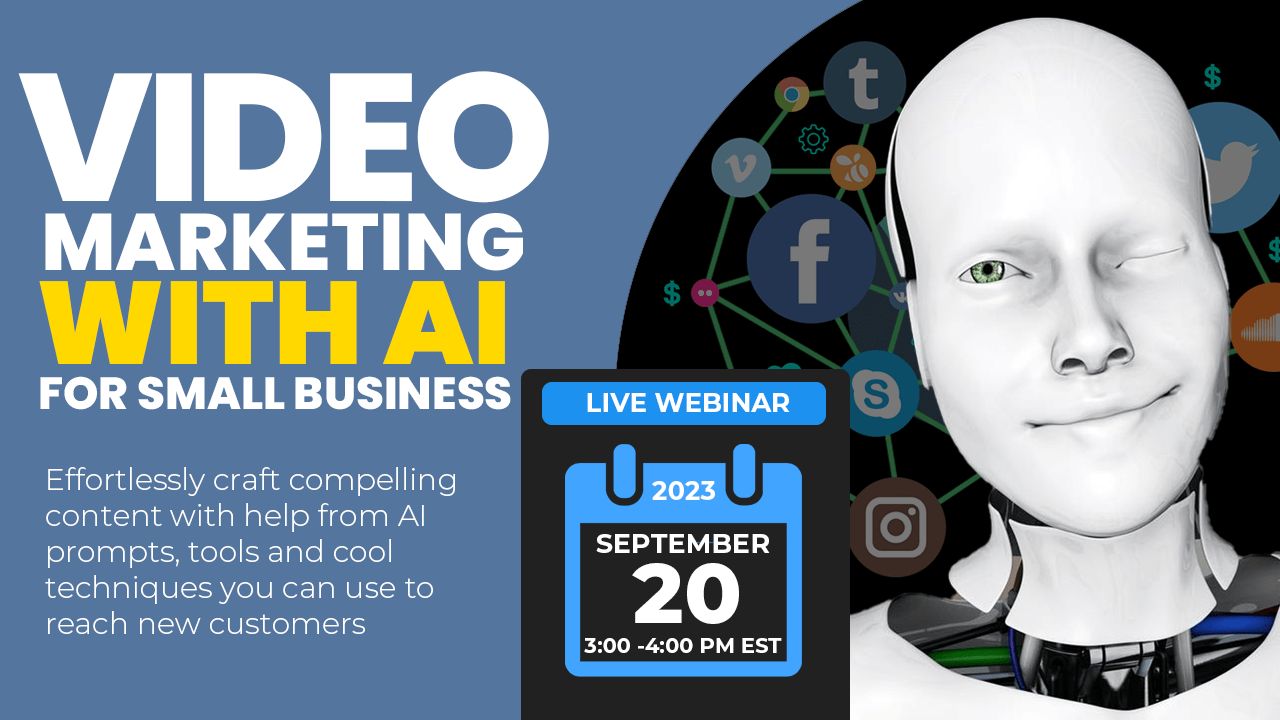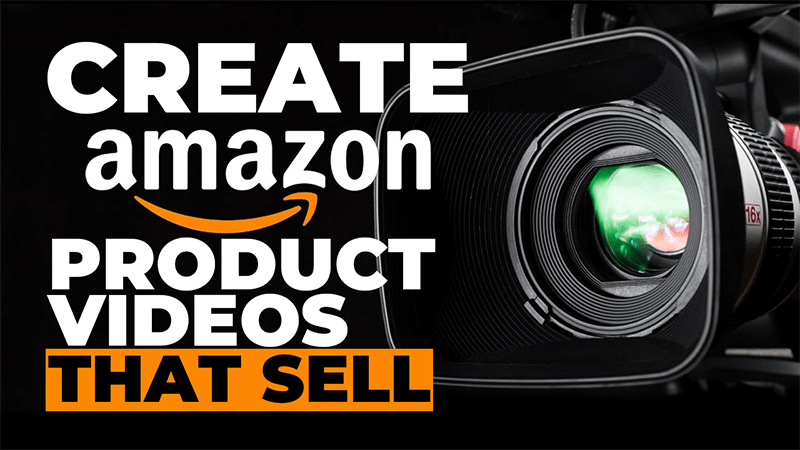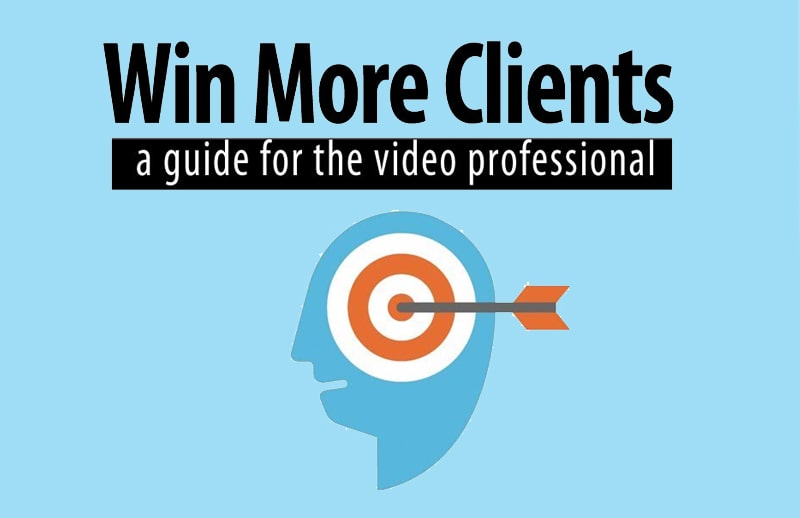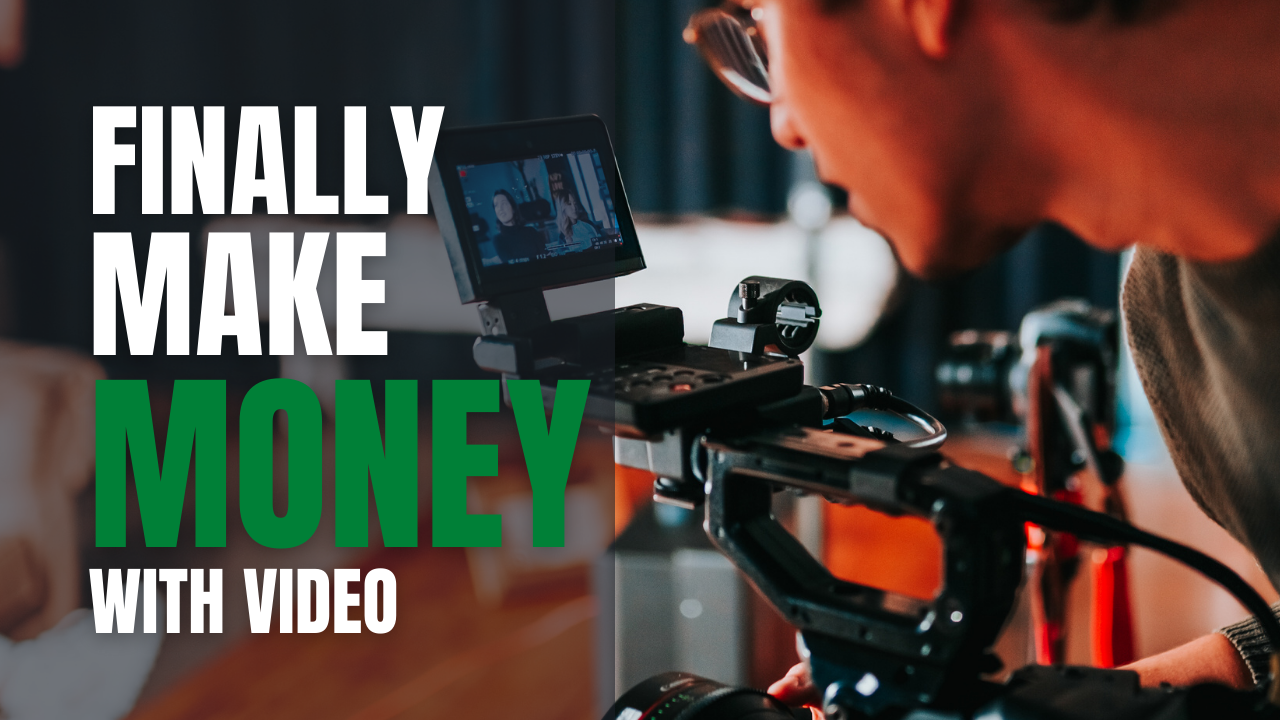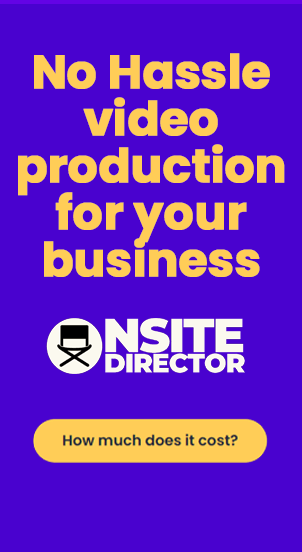Question: What is AI’s impact on video editing going to be? Adobe’s AI tools are insanely good. A bunch of third party tech companies are also developing AI tools that can replicate video editing and motion graphics work. Now even ChatGPT is getting into the game with its latest update.
This is an existential threat to our entire industry. Look at what’s happening with SAG and the WGA, if you don’t think the studios will replace us video editors with algorithms next you aren’t paying attention. Video editors let’s ORGANIZE. ORGANIZE. UNIONIZE. If we don’t do something now in 3 years most of us won’t have jobs. It might not even take that long.
Answer: First of all, the video editing community needs to calm down when it comes to AI.
Chicken littles screaming that we’re all going to lose our jobs needs to stop.
The only way you’re going to lose work or your job is if you don’t upgrade your skills and learn how to use AI as a TOOL to make your editing job easier. Think of it as an assistant coming in to HELP you become faster and more efficient.
Let’s be REALLY honest here…
Any video, I’ve seen so far, edited with AI, looks like it was done by a 5 year old. The pacing was off, it lacked emotion, continuity was bad, etc., etc. It was just all off.
AI needs us.
Stop running away from it and run to it.
Calm down and get yourself together.
Yes, artificial intelligence is poised to be a game-changer for the video production industry by offering numerous benefits that can enhance creativity, efficiency, and overall video content quality.
AI’s impact on the video editing industry is undeniable, offering enhanced efficiency, improved video quality, and creative inspiration. With AI-driven analytics, real-time insights, and personalized audience targeting, creators can optimize workflows and connect with audiences on a deeper level. AI also enables advanced special effects and speedier content creation, revolutionizing video production.
However, AI’s potential challenges and AI’s impact on the video editing industry, cannot be ignored. Job displacement and standardization of content raise concerns, while AI’s limitations in creativity and privacy issues must be addressed. Striking the right balance is essential to maintain the artistry of video editing.
As AI technology progresses, the video editing community must adapt, embrace AI as a powerful tool, and focus on skill upgrading. Calm down, and rather than fearing AI, run towards it, utilizing its potential to shape the future of video production positively.
Here’s how AI could positively impact the video production landscape:
- Enhanced Efficiency: AI-powered video editing tools can streamline labor-intensive tasks, such as video assembly, automated color correction, and even content tagging. By automating these processes, AI frees up human editors to focus on more creative aspects of video production, ultimately speeding up the overall workflow.
- Improved Video Quality: AI algorithms can analyze vast amounts of video data and learn from the best editing practices. As a result, AI can assist editors in making data-driven decisions to improve the visual appeal, pacing, and storytelling elements of videos, leading to higher-quality content.
- Creative Inspiration: AI can serve as a valuable creative partner by suggesting innovative ideas and alternative editing approaches. By analyzing patterns in successful videos, AI can provide fresh perspectives and recommendations, sparking new creative directions for video projects.
- Cost Savings: With AI handling repetitive tasks, video production companies can optimize resource allocation and reduce production costs. Smaller businesses and independent creators can access AI-powered tools at a fraction of the price of traditional post-production solutions, leveling the playing field.
- Real-Time Insights: AI-driven analytics tools allow video creators to gather valuable insights into viewer engagement, preferences, and behavior. By understanding audience reactions and interests, creators can tailor their content to maximize impact and resonance.
- Personalization and Audience Targeting: AI can analyze viewer data to deliver personalized video recommendations and experiences. This level of customization helps creators connect with their audiences on a deeper level, fostering stronger relationships and increasing audience loyalty.
- Advanced Special Effects and Visuals: AI-powered tools enable sophisticated visual effects and post-production enhancements. From realistic CGI to advanced image manipulation, AI expands the creative possibilities, allowing creators to push the boundaries of visual storytelling.
- Speedier Content Creation: AI-driven video generation tools can quickly produce video content based on input data, such as images, text, or audio. This technology is particularly useful for generating dynamic content for social media, marketing campaigns, and personalized video messages.
But…
While AI offers numerous advantages and innovations to various industries, including video editing, AI’s impact on the video editing industry could also mean potential challenges and concerns that could be negative.
Here are some ways AI could potentially impact the video editing industry:
- Job Displacement: As AI technology advances, it may lead to the automation of certain tasks in video editing, potentially resulting in job displacement for human editors. AI-powered tools can perform tasks such as video stabilization, color correction, and even basic video assembly, reducing the need for manual labor.
- Quality vs. Quantity: With AI’s ability to automate video editing processes, there might be an emphasis on producing a higher quantity of videos over maintaining high-quality edits. Speed and efficiency might become prioritized over creative and artistic choices, potentially leading to a decline in the overall quality of video content.
- Lack of Creativity: AI-driven video editing tools may lack the intuition, emotion, and creativity that human editors bring to their work. While AI can follow predefined algorithms and patterns, it may struggle to understand the intricacies of storytelling and emotional impact, resulting in less compelling and engaging video content.
- Standardization of Content: As AI algorithms learn from vast amounts of existing video content, they may lead to the standardization of video editing styles and formats. This could result in a homogenized visual language across various videos, reducing the uniqueness and diversity of video content.
- Privacy and Misuse Concerns: AI-powered video editing tools can manipulate videos convincingly, which raises concerns about potential misuse and deepfake creation. This could lead to challenges in verifying the authenticity and credibility of video content, eroding trust in the industry.
- Cost and Accessibility: While AI-powered video editing tools can improve efficiency, they might also require significant initial investment and subscription fees. This could make video editing technology less accessible to smaller businesses and independent creators who cannot afford such tools.
- Over-reliance on AI: Relying too heavily on AI for video editing could stifle human creativity and innovative approaches to storytelling. Human editors might become overly dependent on AI recommendations, limiting their ability to think outside the box and experiment with new editing techniques.
While AI has the potential to revolutionize the video editing industry and bring numerous benefits, there are also legitimate concerns about the impact it may have. Job displacement, quality trade-offs, lack of creativity, standardization of content, privacy concerns, and cost issues are among the challenges that the video editing industry could face as AI technology advances. Striking the right balance between AI-assisted automation and human creativity will be crucial to maintaining the artistry and uniqueness of video editing in the future.
All Editors Need To Unionize NOW
by u/imnotwallaceshawn in editors

